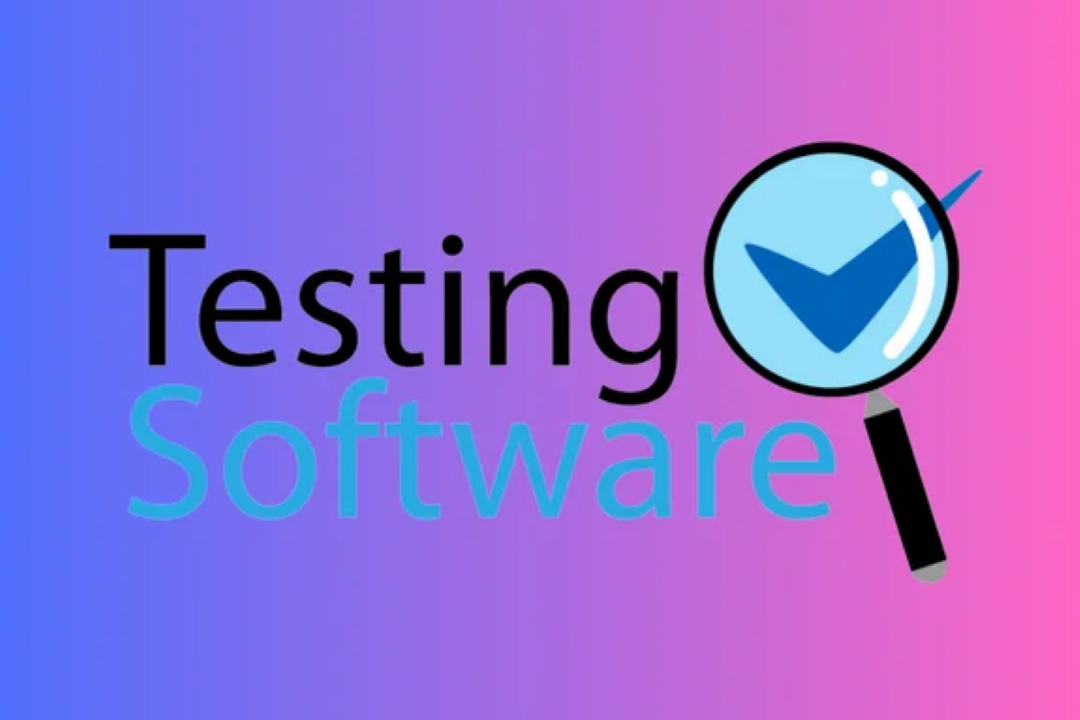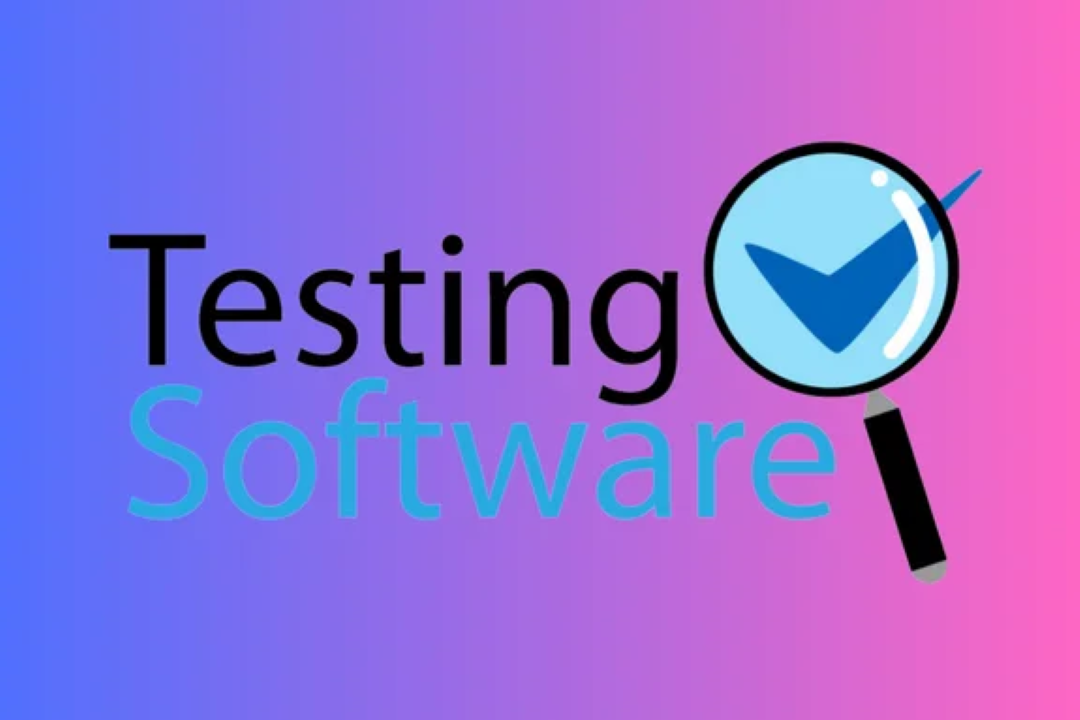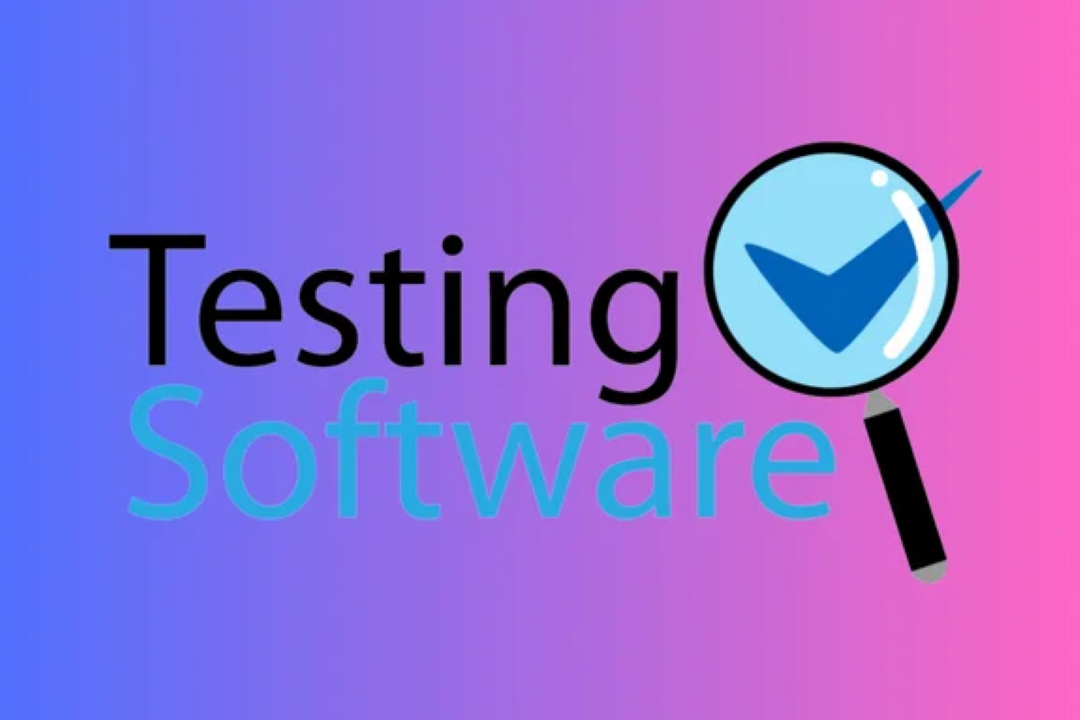selenium with c course in BANGALORE
The Selenium with C Course in Bangalore offers a comprehensive training program focused on teaching
selenium with c course in BANGALORE
The Selenium with C Course in Bangalore provides aspiring testers and software professionals with the expertise to automate web application testing efficiently using the C programming language. As the demand for quality assurance in software development continues to grow, mastering Selenium—a widely-used open-source tool for browser automation—equips learners with valuable skills to streamline testing processes, improve accuracy, and reduce time-to-market. This course emphasizes hands-on training with real-time projects, ensuring that participants gain practical experience and a deeper understanding of automation testing, making them highly sought-after in the competitive job market.
To Download Our Brochure: https://www.justacademy.co/download-brochure-for-free
Message us for more information: +91 9987184296
The Selenium with C Course in Bangalore provides aspiring testers and software professionals with the expertise to automate web application testing efficiently using the C programming language. As the demand for quality assurance in software development continues to grow, mastering Selenium—a widely used open source tool for browser automation—equips learners with valuable skills to streamline testing processes, improve accuracy, and reduce time to market. This course emphasizes hands on training with real time projects, ensuring that participants gain practical experience and a deeper understanding of automation testing, making them highly sought after in the competitive job market.
Course Overview
The Selenium with C Course in Bangalore is designed to empower participants with robust skills in web application testing automation using the C programming language. This course offers a comprehensive overview of Selenium, one of the most popular tools for automating web browsers, and covers key concepts such as test case design, implementation, and execution. Through hands-on projects and real-time scenarios, learners will gain practical experience in creating and managing automated test scripts, troubleshooting, and optimizing testing processes. By the end of the course, participants will be equipped with the knowledge necessary to excel in the software testing domain, making them valuable assets to any development team.
Course Description
The “Selenium with C Course in Bangalore” is meticulously designed for aspiring software testers and developers seeking to master automation testing using the C programming language. This course provides an in-depth exploration of Selenium, a powerful tool for automating web applications, and equips students with essential skills in test strategy formulation, script writing, and execution. Participants will engage in hands-on projects and real-world scenarios, enabling them to effectively develop, implement, and manage automated test suites. By the end of this course, attendees will possess a strong foundation in both Selenium and C, preparing them for successful careers in quality assurance and software testing.
Key Features
1 - Comprehensive Tool Coverage: Provides hands-on training with a range of industry-standard testing tools, including Selenium, JIRA, LoadRunner, and TestRail.
2) Practical Exercises: Features real-world exercises and case studies to apply tools in various testing scenarios.
3) Interactive Learning: Includes interactive sessions with industry experts for personalized feedback and guidance.
4) Detailed Tutorials: Offers extensive tutorials and documentation on tool functionalities and best practices.
5) Advanced Techniques: Covers both fundamental and advanced techniques for using testing tools effectively.
6) Data Visualization: Integrates tools for visualizing test metrics and results, enhancing data interpretation and decision-making.
7) Tool Integration: Teaches how to integrate testing tools into the software development lifecycle for streamlined workflows.
8) Project-Based Learning: Focuses on project-based learning to build practical skills and create a portfolio of completed tasks.
9) Career Support: Provides resources and support for applying learned skills to real-world job scenarios, including resume building and interview preparation.
10) Up-to-Date Content: Ensures that course materials reflect the latest industry standards and tool updates.
Benefits of taking our course
Functional Tools
1 - Selenium WebDriver
Selenium WebDriver is the core tool for automation testing in the Selenium with C course. It provides developers with a programming interface to create and execute test cases efficiently. This tool allows interaction with web applications as a real user would, making it essential for simulating user interactions on browsers. Participants learn to use WebDriver’s capabilities to navigate web applications, perform actions like clicking buttons, filling forms, and verifying page content. The knowledge of WebDriver equips students to create robust and maintainable test scripts that are crucial for automated regression testing.
2) Visual Studio
In this course, Visual Studio serves as the primary Integrated Development Environment (IDE) for writing and executing C# code for Selenium automation. Visual Studio provides tools like IntelliSense, debugging, and project management within a user friendly interface, making coding more efficient. Students gain hands on experience in creating test projects, managing dependencies through NuGet, and leveraging the IDE’s features to enhance their coding skills. The IDE also supports unit testing frameworks, helping participants structure their tests seamlessly.
3) TestNG
TestNG, a testing framework inspired by JUnit, is extensively covered in the course. It allows for the grouping of test cases, prioritization, and parameterization, enabling more efficient test execution and reporting. Participants learn how TestNG enhances the structure and management of Selenium tests, making it easier to execute test suites and analyze results. The framework’s annotations and reporting capabilities provide insights into test execution, ensuring that Automating testing becomes a streamlined and organized process.
4) Git
Git is a version control system introduced in the Selenium with C course to manage project files and version history effectively. Students learn the importance of collaboration in software development and how Git facilitates teamwork by allowing multiple developers to work on the same project seamlessly. The course covers essential Git commands for committing, branching, and merging code changes, as well as using platforms like GitHub for repository management. Understanding Git prepares students for collaborative testing environments, where tracking changes and revisiting previous versions is vital.
5) Jenkins
Jenkins is a Continuous Integration (CI) tool taught in the course to help students automate the testing process. It integrates with Selenium tests to execute them automatically whenever code changes occur in a repository. Students learn how to set up Jenkins pipelines to trigger tests, view results, and manage different project builds. With Jenkins, participants gain practical experience in creating efficient CI/CD workflows, making them more valuable as developers and testers in organizations that prioritize automation in their development processes.
6) Cucumber
Cucumber is introduced in the course as a Behavior Driven Development (BDD) tool that allows testers to write human readable test cases. This promotes collaboration between technical and non technical team members, as test scenarios are written in a language everyone can understand. Participants learn to integrate Cucumber with Selenium and automate tests based on business requirements. By mastering Cucumber, students can enhance the readability and maintainability of their test cases, ensuring that tests are closely aligned with user expectations.
7) Page Object Model (POM)
The Page Object Model is a design pattern introduced in the course that enhances the organization and maintainability of Selenium tests. By creating separate classes for each web page, participants learn to encapsulate the elements and behaviors associated with a page, thereby reducing code duplication and simplifying test scripts. This design pattern allows for easier updates and modifications to tests, as any changes in the web application can be managed within their respective page classes. Understanding and implementing POM is crucial for maintaining large scale automation projects effectively.
8) Selenium Grid
Selenium Grid is covered to enable participants to run tests on multiple browsers and machines simultaneously, thereby speeding up the testing process. This component of the course teaches students how to set up a Grid and configure test scripts for parallel execution. By leveraging Selenium Grid, participants learn to efficiently utilize infrastructure resources and reduce test execution time significantly, making them proficient in handling extensive regression test suites that require quick turnaround times.
9) Assertions and Verifications
The course emphasizes the importance of assertions and verifications in test automation. Participants learn how to validate the expected outcomes against the actual results using various assertion methods provided by testing frameworks like TestNG. This knowledge allows students to ensure that the application under test behaves as expected, and to identify discrepancies promptly. Understanding assertions and verifications is vital in guaranteeing the quality and reliability of software applications.
10) Logging and Reporting
Effective logging and reporting are crucial elements of automation testing. The course includes segments on implementing logging frameworks and generating detailed reports of test executions. Students learn how to utilize logging best practices to capture essential information during test runs, and how to generate comprehensive test reports that showcase results and analysis. This skill is invaluable for troubleshooting issues and demonstrating test outcomes to stakeholders.
11 - Error Handling and Debugging
Debugging skills and error handling are crucial for successful test automation. The course teaches participants how to anticipate and manage exceptions in their test scripts, ensuring that tests can recover gracefully from unexpected issues. Students gain insights on using debugging tools in Visual Studio and how to write resilient test scripts that can continue executing when facing runtime errors. Mastering these techniques allows for a more robust and stable automation framework.
12) Framework Development
The development of a custom automation framework using Selenium with C is a key component of the course. Participants engage in building their own testing framework, combining all the learned concepts such as POM, TestNG, and logging. This hands on experience culminates in students understanding how to structure a test framework from the ground up, enabling them to tailor solutions to specific project requirements and improve their proficiency in automation.
13) Browser Automation
In addition to the core concepts, the course covers best practices for browser automation, ensuring students understand how to navigate different web elements effectively. Participants learn to handle dynamic content, manage cookies and sessions, and interact with various web components like dropdowns, alerts, and modals. Knowledge of browser automation techniques enhances students' ability to develop accurate and effective test scripts that closely mimic user behaviors.
14) Integration with API Testing
The course introduces participants to integrating Selenium automation with API testing tools. Understanding how to validate not only the front end but also the back end APIs is crucial for comprehensive testing. Students learn how to utilize tools like Postman to send requests to APIs and verify responses in conjunction with their Selenium tests. This integrated approach assures that both the UI and underlying services are functioning correctly, leading to higher quality applications.
15) Real world Project Experience
Throughout the course, participants engage in hands on real world projects that reinforce their learning. By working on actual case studies and scenarios, students apply their theoretical knowledge in practice, navigating challenges that they will encounter in the industry. This practical exposure is invaluable in preparing them for real life automation testing roles and is a critical component of the JustAcademy certification experience.
This comprehensive list equips participants with the foundational skills necessary for becoming proficient Selenium testers, and the knowledge gained positions them for success in the ever evolving landscape of software testing.
Browse our course links : https://www.justacademy.co/all-courses
To Join our FREE DEMO Session:
This information is sourced from JustAcademy
Contact Info:
Roshan Chaturvedi
Message us on Whatsapp:
Email id: info@justacademy.co
Flutter Vs React Native Which One Is Easy
Android App Development Courses Pune











